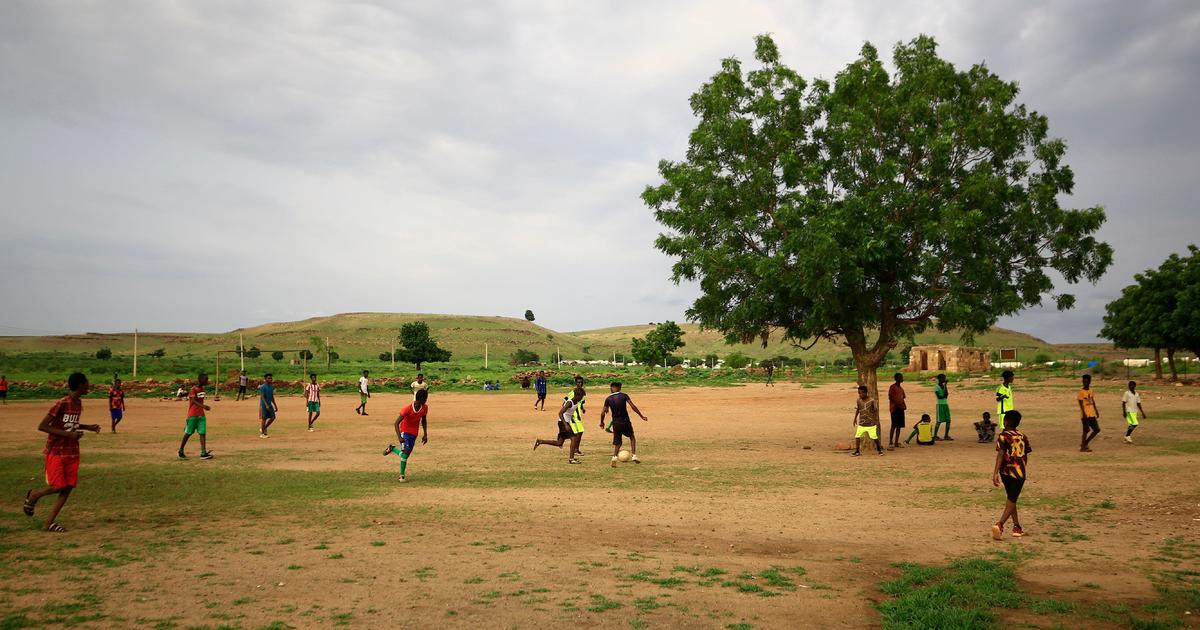
Biden administration falls 80% short of 2022 refugee admissions target
CBSN
The U.S. allowed more than 25,000 refugees into the country in fiscal year 2022, using only 20% of 125,000 refugee spots allocated by the Biden administration, which continued to struggle to rebuild a resettlement system gutted by Trump-era limits and the COVID-19 pandemic, a top State Department official told CBS News.
Deputy Assistant State Department Secretary Sarah Cross said in an interview with CBS News that in fiscal year 2022, which ended on Sept. 30, the U.S. received approximately 25,400 refugees under the Refugee Admissions Program, which resettles the most vulnerable immigrants displaced by war and violence across the globe. Cross noted the number is a preliminary figure that could be updated.
While the annual refugee ceiling is an aspirational target that does not require the U.S. to receive a minimum number of refugees, the Biden administration's move to dramatically increase the cap symbolized a seismic departure from former President Donald Trump's decision to slash refugee spots to record lows.

More than 2 million federal employees face a looming deadline: By midnight on Thursday, they must decide whether to accept a "deferred resignation" offer from the Trump administration. If workers accept, according to a White House plan, they would continue getting paid through September but would be excused from reporting for duty. But if they opt to keep their jobs, they could get fired.

More employees of the Environmental Protection Agency were informed Wednesday that their jobs appear in doubt. Senior leadership at the EPA held an all-staff meeting to tell individuals that President Trump's executive order, "Ending Radical and Wasteful Government DEI Programs and Preferencing," which was responsible for the closure of the agency's Diversity, Equity, and Inclusion office, will likely lead to the shuttering of the Office of Environmental Justice and External Civil Rights as well.

In her first hours as attorney general, Pam Bondi issued a broad slate of directives that included a Justice Department review of the prosecutions of President Trump, a reorientation of department work to focus on harsher punishments, actions punishing so-called "sanctuary" cities and an end to diversity initiatives at the department.










